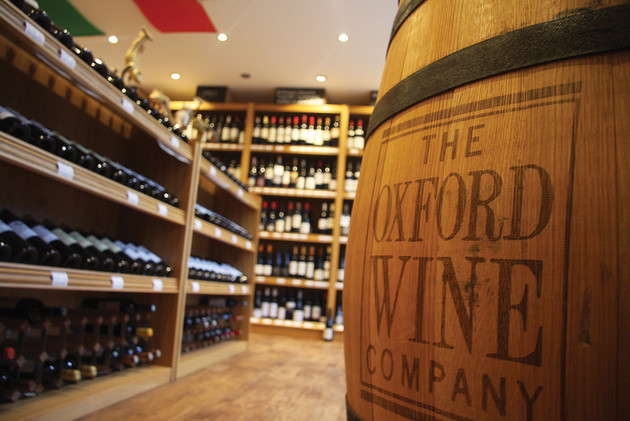
Indie merchants look to nurture new trade ahead of economic slump
With lockdown easing and non-essential shops beginning to reopen from 15 June, the independent merchant sector is increasingly planning ways of achieving some semblance of ‘normal’ store opening, while balancing health considerations with marked changes in trading conditions.
These topics were explored at Harpers' recent Thinking Independent webinar, which brought together leading merchants to discuss the challenges ahead and outlook for the sector.
While independent merchants were designated ‘essential’ businesses by government and allowed to remain open, many closed their doors out of safety concerns for both staff and customers, while experiencing a widely reported upturn in online business.
A Harpers snap poll of merchants across the UK found many reporting up to a 30% upturn or more in sales over the past few weeks, but also with merchants often hard pressed to keep up with processing orders and deliveries, and facing uncertainty as to how long such an upturn might last in the face of a growing recession.
On top of this, businesses are having to plan carefully to implement and maintain safe in-store trading conditions, while looking to capture and keep some of the new custom that lockdown and on-trade shutdown has allowed them to win.
“It’s time get back to business as usual and a lot of it is mindset,” said Greg Sherwood MW, senior buyer at Handford Wines, which has been doing a thriving trade with its private customers.
“We know that there are going to be big storm clouds over the general economy come the autumn and possibly [through] Christmas. So we have to have a kind of grindstone mindset, make some hay while the sun shines through summer in the wine trade, and I think it'll be very important to keep positive and just keep the wheels turning.”
Ted Sandbach, owner of Oxford Wine Company, who has kept three shops open during the lockdown period, said that while 70% of the company’s businesses was normally accounted for via wholesale to restaurants and pubs, the upturn through home deliveries has been has been “amazing”.
“We did 15 times more business on the web in April than we did in the whole of December and my [overall] sales figures have not dropped off at all, we are turning over the same amount of money at the moment, it’s incredible.”
Sandbach said he was confident that Oxford could “hang on to at least 25%” of that new business, helping off-set the loss from wholesale with the on-trade likely to remain diminished long after the official 4 July re-opening time.
Not all have been so blessed, though. Mike Boyne, owner of the hybrid (and cosily small) Bin Two in Padstow said that even with online lift his take has been just 20%-25% of normal for this time of year, with the shut down of tourism – on which many in Cornwall heavily rely – impacting hard.
“The split of business is typically 50-50, retail and wine bar, but on the upside we are seeing a lot of new customers in there, with new names ordering from us and repeat ordering, so as Ted said, if we can hang on to 30% of that the other side that would be really useful,” said Boyne.
In addition to the on-trade shutdown driving up drinking at home, Sandbach also suggested that developments such as the temporary closure of The Wine Society, the “mess that Majestic got itself into” and the stripped wine shelves that early on in lockdown were an occurring feature, had played into the hands of independents that could react in a fast and flexible way.
The panel agreed that the best way forward was to continue to hone delivery and a very personal service, while offering, as Boyne said, real value with a focus on both big selling wines but also more esoteric points of difference.
Essentially, to do what independents do best, but better communicate this while tapping into the good will towards local businesses that has accelerated as a trend during the pandemic.
“It’s about matching expectations to what we can do and fulfill successfully,” added Julia Jenkins, owner of Flagship Wines.
“We deliver nationally, but people are also now focused on what is available locally, and not just the [companies] with the biggest voices and largest advertising campaigns.”
Jenkins also drew general agreement saying that one of the first decisions taken as lockdown hit was that Flagship would not lower its standards, discount or focus on cheaper wines, as maintaining the highbrow ethos of the ‘brand’ during the crisis would pay dividends on the ‘other side’.
A full report on the Thinking Independent webinar will appear in the June issue of Harpers
Keywords:
- wine
- trade
- indies
- ecommerce
- oxford wine company
- Business
- Flagship Wines
- Julia Jenkins
- Ted Sandbach
- Greg Sherwood MW
- merchants
- Online sales
- Bin Two
- Mike Boyne
- Handford Wines
- lockdown
- Thinking Independent webinar





